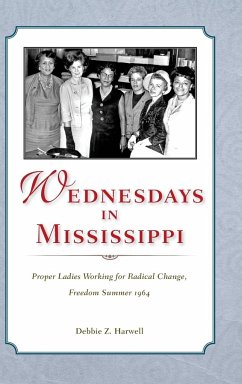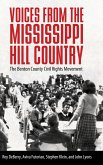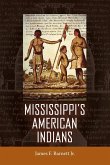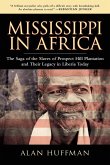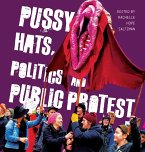As tensions mounted before Freedom Summer, only one organization tackled the problem by opening lines of communication at the request of local women: Wednesdays in Mississippi. Employing an unusual and quintessentially feminine approach, WIMS brought interracial, interfaith teams of northern middle-aged, middle- and upper-class women to Mississippi to meet with their southern counterparts. Sponsored by the National Council of Negro Women, WIMS operated on the belief that the participants' gender, age, and class would serve as an entrée to southerners who had dismissed other civil rights activists as radicals. The WIMS teams' respectable appearance and quiet approach enabled them to build bridges of understanding across race, region, and religion where others had failed. The only civil rights program created for women by women as part of a national organization, WIMS offers a new paradigm through which to study civil rights activism, challenging the stereotype of Freedom Summer activists as young student radicals and demonstrating the effectiveness of the quiet approach taken by proper ladies. The book delves into the motivations for women's civil rights activism and the role religion played in influencing supporters and opponents of the civil rights movement. Lastly, it confirms that the NCNW actively worked for integration and black voting rights while addressing education, poverty, hunger, housing, and employment as civil rights issues. After successful efforts in 1964 and 1965, WIMS became Workshops in Mississippi, which directed its efforts at alleviating the specific needs of poor women. Projects that grew from these efforts still operate today.
Hinweis: Dieser Artikel kann nur an eine deutsche Lieferadresse ausgeliefert werden.
Hinweis: Dieser Artikel kann nur an eine deutsche Lieferadresse ausgeliefert werden.

